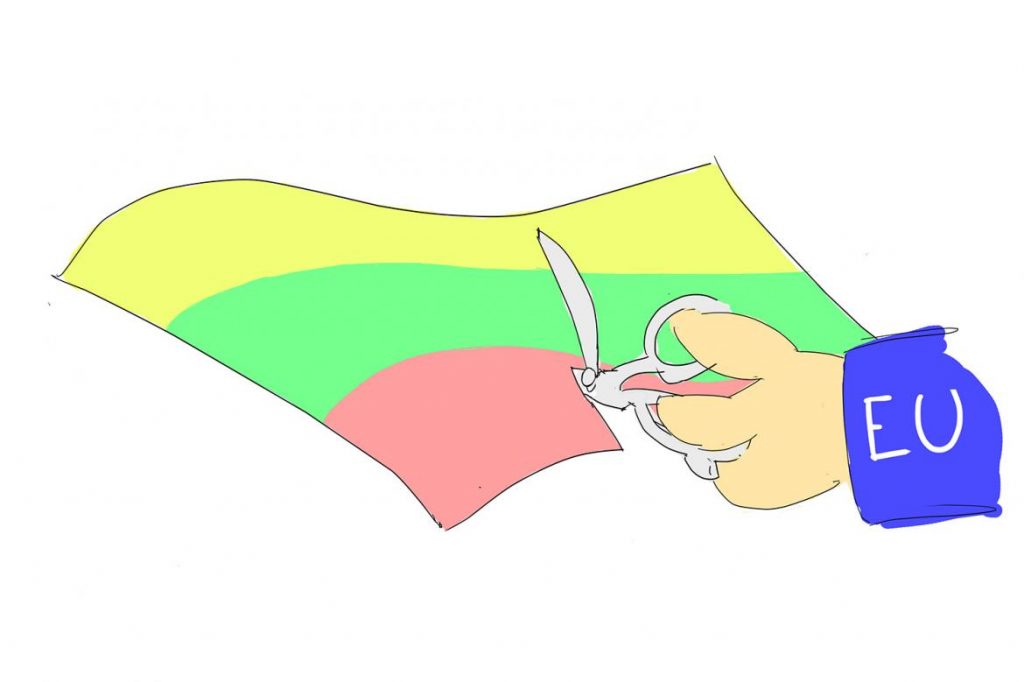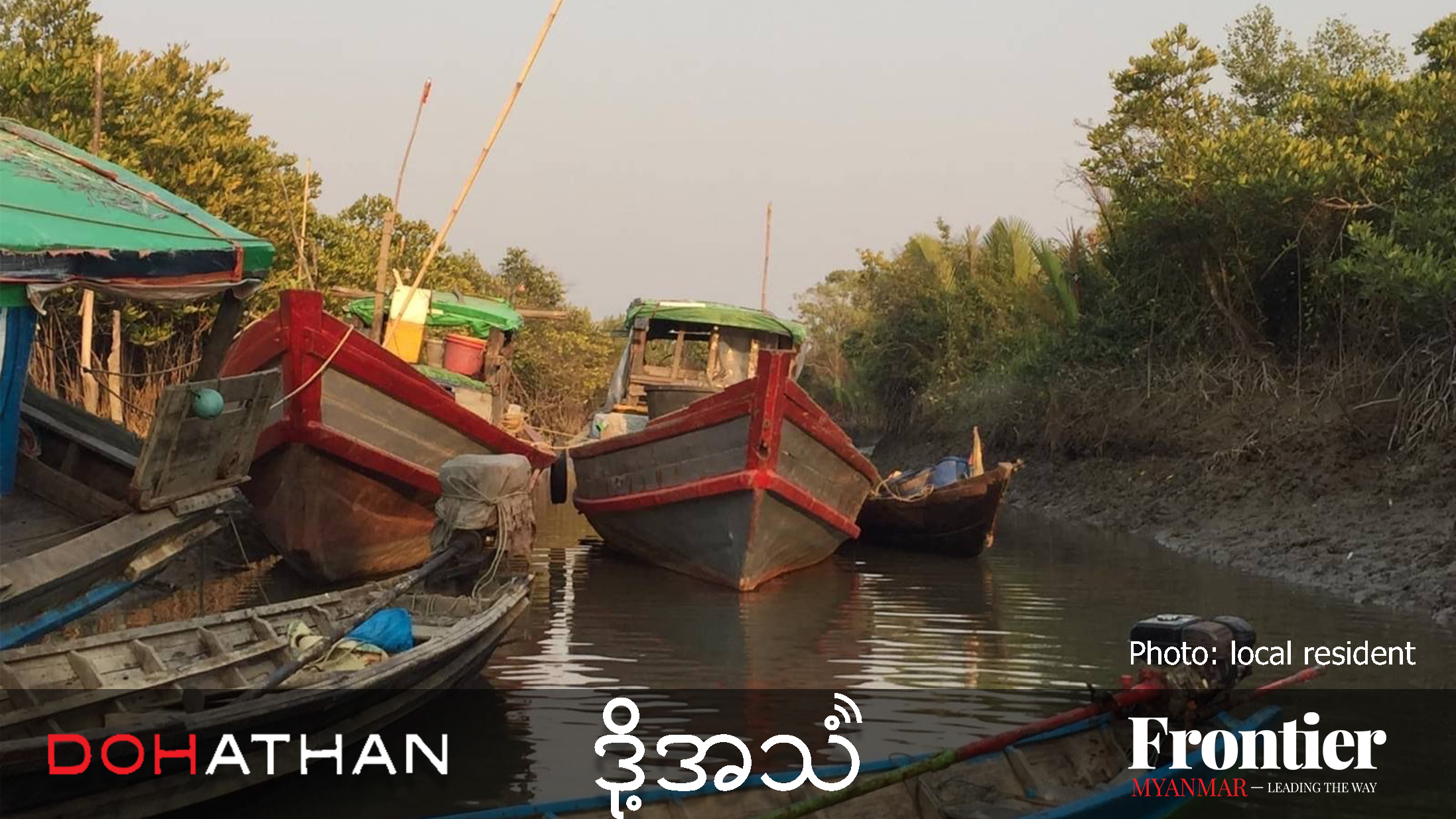The news that the European Union is considering revoking trade privileges for Myanmar due to alleged Tatmadaw atrocities in Rakhine State has provoked near-universal condemnation.
On a subject as divisive as the Rakhine State conflict, this is no mean feat.
Under the Everything But Arms programme – part of the EU’s Generalised Scheme of Preferences – Myanmar has tariff-free access to the EU market. Since its introduction here in 2013, EBA has been a major boon for Myanmar’s economy, particularly the garment sector.
Garment manufacturing is one of the country’s economic success stories and is now thought to employ 450,000 people. Garments and footwear account for more than three quarters of Myanmar’s exports to the EU; agricultural products, in particular rice, take up most of the rest.
Trade and investment in manufacturing and agriculture directly benefit some of the poorest households in Myanmar. This is not just about creating jobs, but creating better jobs. The presence of European buyers, who face more stringent due diligence requirements, has helped improved conditions for workers in Myanmar factories.
To acquire and maintain EBA access, however, countries have to meet certain standards for human rights and labour. Given the overwhelming evidence of abuses and the government’s refusal to ensure accountability, withdrawing Myanmar’s trade privileges could probably be justified according to the letter of the law. But that could put hundreds of thousands of people out of work. It would be a textbook example of a misdirected sanction – one that has little impact on those directly responsible for suffering in Rakhine.
Support more independent journalism like this. Sign up to be a Frontier member.
Few, if any, observers have called on the EU to revoke EBA access. In fact, some human rights advocates told Frontier that they were shocked when the possibility was raised earlier this year.
So why is it now on the table?
It is a reflection of the Myanmar government’s poor handling of the Rakhine crisis, which has seen it alienate many of its former partners. On the part of the EU, it seems to be born out of frustration at the government’s apparent intransigence and state of denial. The idea is that it would create leverage for the EU. Reviewing EBA access will require dialogue on the human rights situation – a conversation that the government is doing its best to avoid at present.
But this is a risky and arguably reckless strategy, given the potential effect on vulnerable households. Will the National League for Democracy administration blink at the prospect of all these people being suddenly out of work in an election year, when its economic credentials are already in doubt? If its behaviour to date is anything to go by, it seems unlikely to have much effect.
Myanmar’s private sector appears to be – perhaps belatedly – realising what’s at stake. But there is a lack of urgency within the government at the prospect of trade privileges being removed. Ministry of Commerce assistant secretary U Khin Maung Lwin told Frontier that it wouldn’t have a significant effect on exports. While he is right that it wouldn’t happen quickly – it would take at least a year for any change to come into effect – he also seemed to misunderstand the process, believing that withdrawal required the unanimous support of EU members. In reality, member states would only have to be consulted.
The potential revocation of trade privileges is just one of the many ways in which the Rakhine crisis could continue to impact Myanmar in the years to come – politically, economically and socially. These are beginning to add up and have a tangible effect, on everything from investment to tourism.
Even if the EU decides to maintain access, the review period is likely to dampen investment and trade, and could destabilise the economy. Who would invest in Myanmar’s garment sector at a time when preferential access to its biggest market is at risk? Investors will revert to a wait-and-see approach, or look elsewhere.
The most important thing now is for both the EU and the Myanmar government to find a way forward that does not put hundreds of thousands of jobs at risk.







